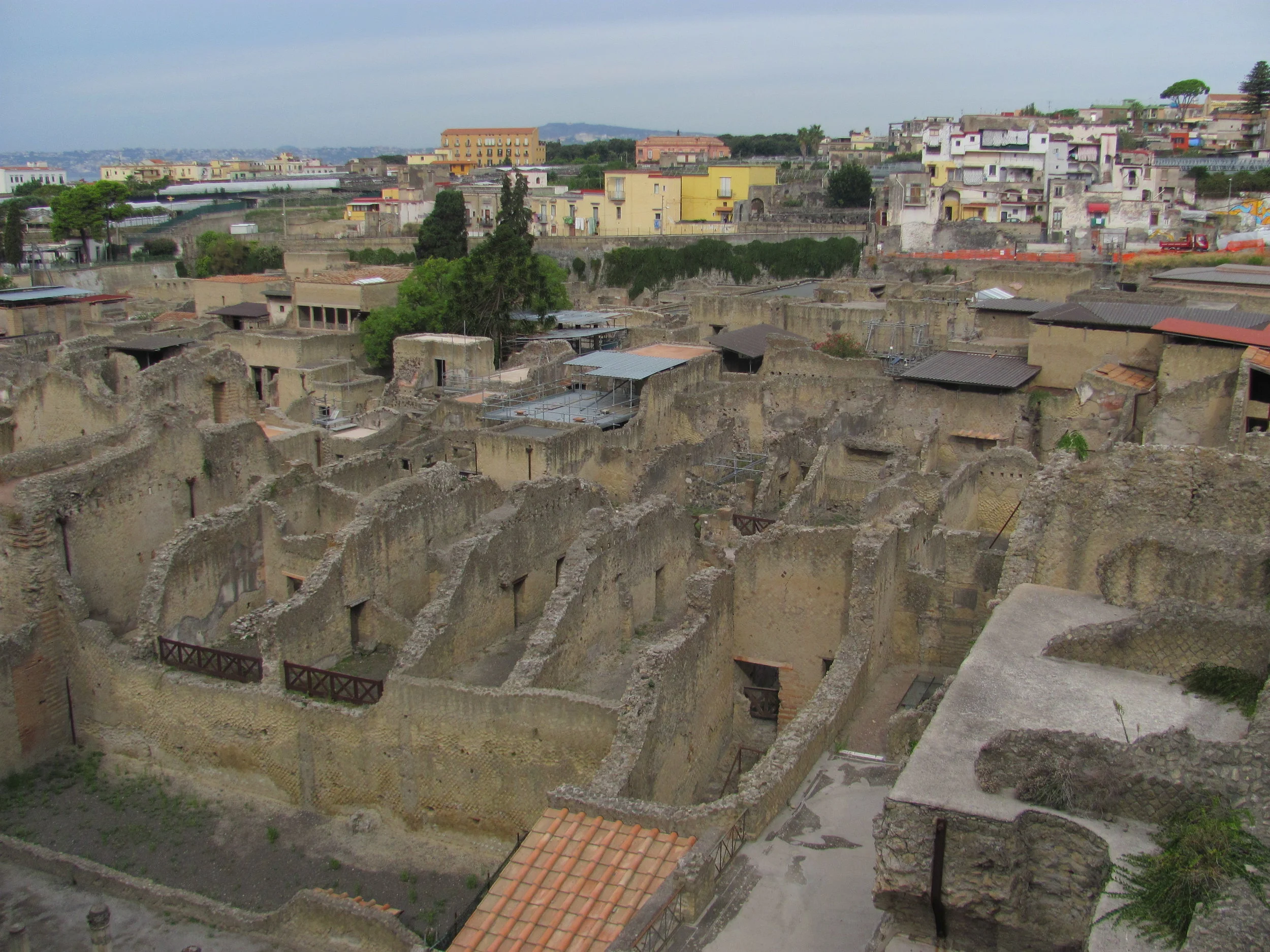Current Research Projects
“Under God is a problem that traps possibilities. Under God: justice, equality, and true change are impossible. I am attempting to dislodge theo-politics, particularly as expressed and influenced by Pauline interpretation, from this gridlock. I struggle to make the impossible possible.”
Feminism, Queerness, affect, and romans: Under God?
My first book in now available in the “Early Christianity and its Literature” series with SBL Press for publication in Fall 2021. Feminism, Queerness, Affect, and Romans: Under God? draws from the intersections of feminist, queer, and affect studies to place Paul’s Letter to the Romans into conversations with assemblies of first-century queer wo/men, Roman imperialism, and contemporary politics. My book extends feminist de-centering to Paul’s letters, which, in Romans, are typically limited to reading its final chapter. By reading Romans beyond it’s infamous condemnations of queerness in 1:26-27, my book provides the first queer interpretation of the entire letter.
“Amnesia in contemporary queer liberalism builds upon historical forgetting in Pauline interpretation, which elides conquered Roman subjects, wo/men and queer folks, all of whom participated in and helped lead the assemblies to which Paul wrote. These folks put Paul’s ideas into their ongoing conversations, allowing them to mix with their own and also rejecting some or all of them.”
THE ROMAN DOMUS, qUEER liberalism, and hospitalities of queerness
I am beginning a project that conceptualizes “hospitalities of queerness” as a way to de-center and re-orient kinship and family politics. In addition to readings around Romans 8, my research is exploring ideas around Roman archaeology and material culture, the Roman family, household, and adoption, and recent work in queer theory around queerness and kinship. I have started developing these ideas through conference presentations and speaking engagements on Romans 8 and Queer Liberalism (David Eng), the material culture of Pompeian houses and queer orientations (Sara Ahmed), and the queerness of first-century Christ-assemblies.
“Regardless of the historicity of their rural retreat, the Therapeuts—found only in Philo’s attempt to contain them—could have exceeded their container.
What “spills out” is queerness.”
queerness and rurality: The Therapeuts, mETRONORMATIVITY, AND QUEER SubculturE
My article “Homo Urbanus or Urban Homos?” is currently under peer review. I use Jack Halberstam’s conception of metronormativity to read Philo’s presentation of the Therapeuts in De Vita Contemplativa (“On the Contemplative Life”). I am using these critical readings of Philo to explore how the Therapeuts, real or imagined, draw attention to the plausibilities of ancient queer subcultures that might have found pleasure in the potentialities of rural geographies. This work converses with trends in queer rurality that have made personally poignant since my own move to a rural-yet-quite-queer Iowa town.


